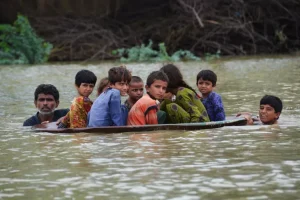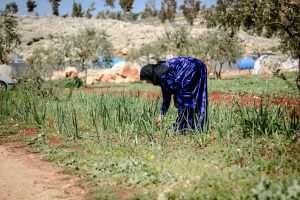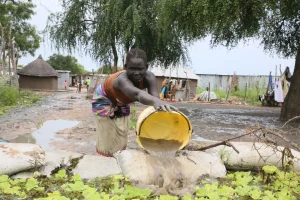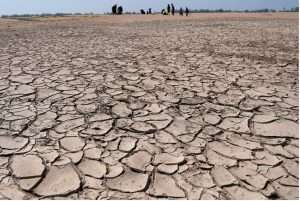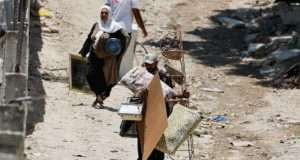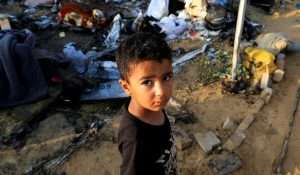Morocco: Minister unveils plans to resolve water crisis

Morocco’s Minister of Water Nizar Baraka acknowledged on May 1st, the difficult situation the country is facing because of poor water resources and drought, which are threatening a number of major cities in the kingdom, reports AP.
“We should be clear with Moroccans: the situation is difficult,” Baraka said on the sidelines of an event organised by the General Union of Workers in Morocco, to celebrate International Workers’ Day.
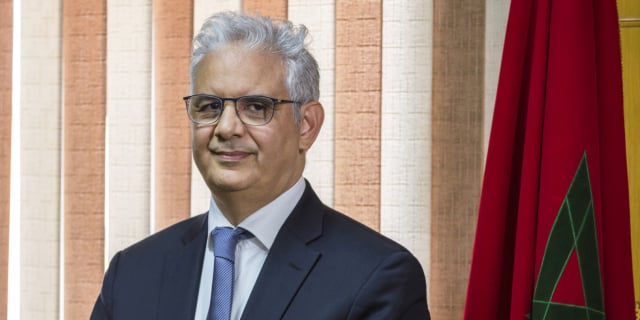 He pointed out that the government is seeking structural solutions to deal with this challenge.
He pointed out that the government is seeking structural solutions to deal with this challenge.
“We have launched the seawater desalination process in Casablanca, and we will work to desalinate 300 million cubic metres. Works will start at the end of the current year in order to be ready in 2027,” Baraka said.
“During the current phase, we will face difficulties, and we have set out to complete the pipeline or water highway that will connect the Sebou Dam to the Moulay Abdullah Dam, on the basis that it will be ready this summer. We will bring water to the Mohammed bin Abdullah Dam, which supplies Rabat and Casablanca with potable water. We will also link between northern Casablanca and southern Casablanca for better benefit.”
Baraka explained that “by the end of the year, we will have the ability to supply between 300 and 400 million cubic metres. The whole of Casablanca consumes 290 million cubic metres annually, and this will guarantee us a temporary solution until we get the seawater desalination plant.”
The Moroccan minister indicated to state friendly on line newspaper, Hespress, that “the ministry has launched a sea water desalination project in partnership with the Sheriff’s Office of Phosphates in El Jadida and Safi.
“We will work to reduce the pressure on citizens,” he said.
Morocco, along with the rest of North Africa, is facing a dramatic drop in rainfall, which has caused a serious decline in dam filling rates.
Observers say that Morocco, unlike the rest of the countries in the region, has started adopting alternative plans at an early stage in order to face the exceptional situation, including the construction of the seawater desalination plants. The observers, however, estimate that reaching water safety will take time.
“We are facing the fifth consecutive year of drought, which is an unusual situation,” said the minister, who is also secretary-general of the Istiqlal Party.
“It is true that this year was better than last one because water imports amounted to three billion cubic metres, twice that of last year. However, the dams had reached very low filling rates, and excessive heat has led to great evaporation, and there is still great pressure on the water table, and all of this makes the situation quite difficult,” he added.
AP
Want to chase the pulse of North Africa?
Subscribe to receive our FREE weekly PDF magazine




